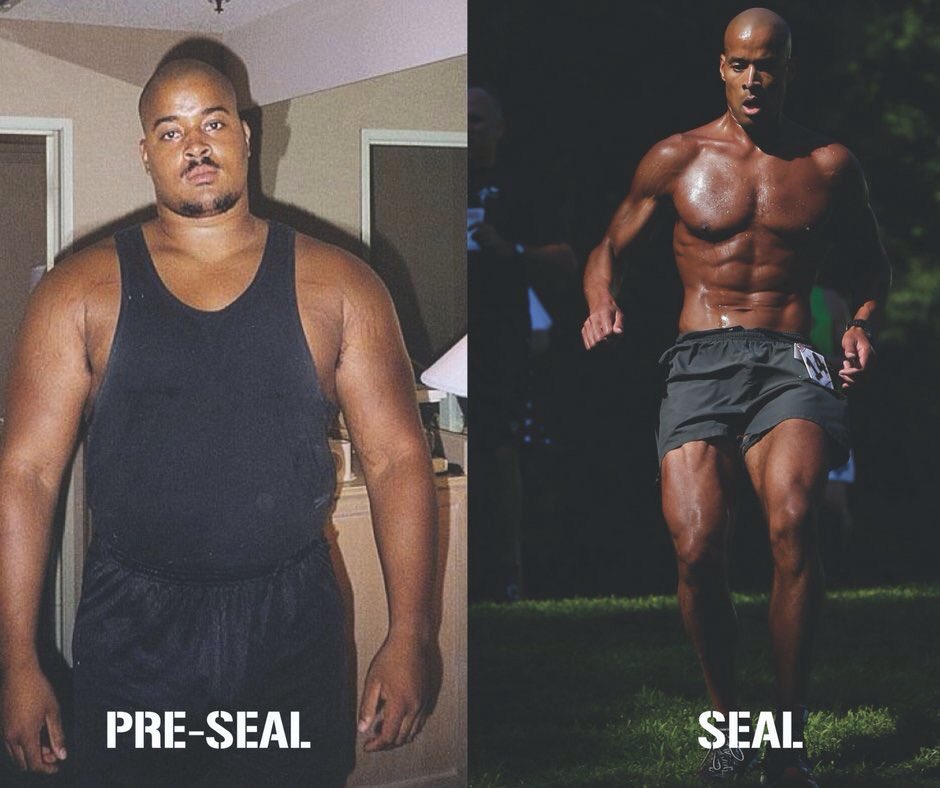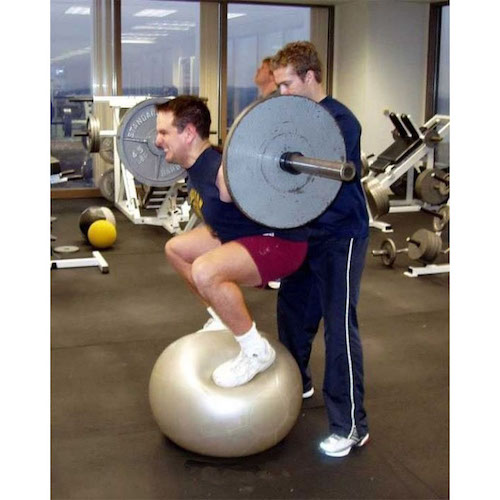I get asked
the question “how do I know when I’m not a beginner” a LOT, and every time I
give the same response “if you don’t know, then you’re a beginner”. People tend to not like that answer, because
they want something quantifiable. They
want to know how much they should be able to squat to not be a beginner, or how
many years they need to train to not be a beginner, or what rate of progress
that can achieve before they are no longer a beginner. The thing is, ironically enough, this is
approaching the question of “how do I know when I’m not a beginner” in the way
that a beginner would approach the question, and it’s why an answer that
requires thinking beyond quantifiable metrics confounds the asker. But today, let me offer something a bit more
in depth to elaborate on the answer: you are no longer a beginner when you are
at a point in your training where you will take full accountability for your
decisions and your actions.
And sometimes that means telling the trainer you hired that he's an idiot
Let me back
up a bit and discuss 2 of my favorite topics: beginners, and beginner
programs. Beginners are people new to
the world of training, both physically and intellectually. However, what is fascinating about those two
qualities it that lack of experience in the former is a blessing, whereas the
latter is a curse. An untrained
individual will flourish on ANY program or protocol they are put on, because,
simply put, a body transitioning from sedentary to active undergoes substantial
physical changes under a rapid timeline due to the nature of physical adaptation. This is why those select few people that
actually stick with their New Year’s resolutions look totally different at the
4-6 month mark, because simply sticking with AN approach for a few months will
yield rapid and remarkable results.
Hell, Jared Fogle of Subway infamy lost 200+lbs by walking to Subway and
eating veggie sandwiches, and his story is honestly not terribly unique in the
world of extreme weight loss, and, in turn, physical transformation. So then, why the hell do beginner programs
even exist?
Knowing that
beginners can pretty much do ANYTHING and see results, the point/benefit of a
beginner program is to not bolster the physical inexperience of the trainee but
the INTELLECTUAL inexperience. Beginner
programs don’t unlock magical physical powers that lay dormant in a beginner
trainee to “maximize beginner gains”; they outfit a new trainee with a program
that is basically impossible to screw up as long as they do it EXACTLY as
written. It’s why these modern day
beginner programs are so incredibly basic and can be hosted on a single webpage
of poorly programmed app. Give the
beginner only 3-5 movements to learn, give them only 1 rep range, only have
them train 3 days a week, and only have them focus on putting weight on the
bar. If you think the beginner is REALLY
dumb, you make the number of reps the same number as the number of sets, so that
they only need to know 1 number to do the program. This type of programming coddles the
beginner, spoonfeeding them a very very basic routine (I hesitate to call it an
actual program) in the hopes of building compliance with training and established
habits to one day transition to something greater.

Or you could just try to follow it indefinitely and see what happens
And what
inevitably occurs? The physical outpaces
the intellectual. Trainees stay on these
beginner routines for WAY too long because they keep waiting to transform into
something else: a non-beginner (or, of course, the real goal of so many of
these: the esteemed “intermediate” title).
In fact, I’ll go off on a small rant here to point out that I’ve seen
people refer to themselves as various stages OF being a beginner, to include
late stage beginner, advanced beginner, intermediate beginner, etc. What the hell? Being a beginner should be a VERY short
period of time in your training history: there shouldn’t BE stages. But I digress. Once this situation occurs and the trainee is
no longer seeing the results they saw when they first started, they want to
know if they are in fact ready to begin on the fabled “intermediate programs”. And then, a follow up question: what the Hell
IS an intermediate program? And from
there, the fabled search begins.
Oh, sure,
the same charlatans that sold these trainees a beginner program will GLADLY
sell them an intermediate program as well.
And what does it look like? It’s
the same damn beginner program with just a few of the numbers scrambled
around. And the “graduated beginner”
eats it up…and makes no growth. And then
the tailspin begins, and with it comes the overeating, the “overtraining”, the
stalling, the regression, and the eventual giving up. But it doesn’t have to be that way! All that trainee needs to do…is take
control. They have to give themselves
autonomy and wrestle it away from those who stole it in the first place. They have to lay claim to their own destiny
and, with it, agree to suffer the consequences of failure in the pursuit of
success.

Author's note: please do not take this as a call to shoot someone working on SkyNet

Author's note: please do not take this as a call to shoot someone working on SkyNet
Specifically,
they need to start trying new things, seeing how they work, and figure out what
they respond to. New rep ranges, new
movements, new splits, differing amounts of days per week trained, max effort,
repetition effort, EXTREME stretching, dropsets, rest pausing, etc etc. Throw stuff against the wall and see what
sticks. But again: they have to be
willing to take accountability for their decisions. If that trainee posts one “sanity check” on
some forum somewhere in regards to the path they’ve decided on, they just gave
up their “non-beginner” status. Get into
an argument on social media over the validity of your approach because you’re
insecure? That guy you’re arguing with
just made you a beginner again.
Beginners see the training of intermediate/advanced lifters and observe
a variety of different approaches and techniques employed, and they mistakenly
interpret those techniques AS “intermediate/advanced techniques”, under the
guise that they “do not work for beginners.”
Here we mistake effect for cause, as it’s not that the techniques don’t
work for beginners: it is that beginners cannot use these techniques, for they
lack the ability to take the necessary degree of accountability should these
techniques fail.
And
sometimes we revert back to being a beginner, and that’s ok. Sometimes, we’ve been out there on our own,
doing our own thing, trying stuff out, and we stray so far from our roots that
we forget how the hell to train in the first place. When this happens, we become beginners again,
and we seek out someone to give us another “beginner program”. Something that is bound to work, so long as
we stick with it. We get our feet back
under us, remember our core principles, and take on the mantle of
accountability again. And some people
will simply never NOT be beginners, and if that’s how they want to live, that
is their choice, but they will find that their results simply will not be
significant until they’re willing to take some chances and deviate from the
program to find out what they personally need to do to ensure growth. But for those that are on the fence, wondering
if they’ve “maxed out their beginner gains”, wondering if they are still
considered a beginner, wondering if they’re ready for the next step, I will
once again say that: if you are wondering, yes, you are still a beginner. Once you know you aren’t, then you aren’t.







